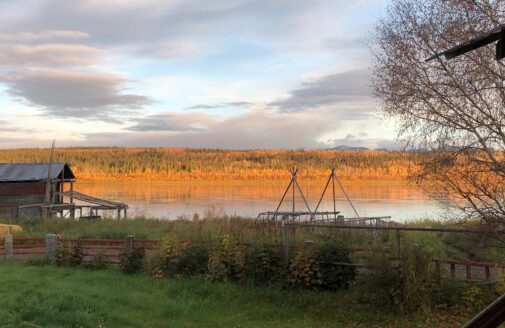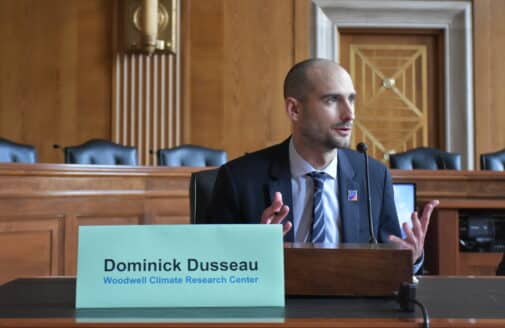Preaching to the choir

I am sometimes admonished to stop “preaching to the choir,” talking about climate change to those who already understand the seriousness and urgency of the problem.
People are often surprised when I defend this as maybe the most useful thing any of us can do.
How can that be? It’s simple. Change occurs in part because those who care enough about an issue put time and energy into fighting for it. Social scientists have a name for those people — the “issue public.” They are always a small fraction of the population, whatever the issue. Surprisingly, perhaps, those people, although they may care very much, are often not as well-informed as they might be. That’s especially true about a complex issue like climate change. That’s why informing and motivating the issue public is very valuable.
The other necessary ingredient for societal change is acquiescence of everyone else — the “non-issue public.” If this majority is strongly opposed, then change is difficult. I am pretty sure that Abraham Lincoln knew that he wanted to abolish slavery well before he did so. The issue public (abolitionists) had been agitating for some time, but the rest of the public wasn’t ready until 1863, and even then it didn’t go so great in the South because much of the public there wasn’t ready to accept this change.
I think there’s a lesson here about how to make progress on climate change. It’s important to engage the issue public, but also important not to forget about everyone else. The broader the support, the better. That’s especially true because the societal changes needed to meaningfully address climate change aren’t going to be small.
Recent public opinion polling data show large and increasing proportions of the public understand the reality of climate change and its human causation. The bad news is that although addressing climate change is a higher priority than it used to be, most people still don’t rank it very high. That’s not ideal, but maybe it can be good enough. That is maybe we can get science-based climate policies if a few people demand them, and enough of everyone else is ready to accept them.
Our approach at Woodwell Climate Research Center (formerly Woods Hole Research Center) reflects this two-track theory of change. Most of the folks who read this newsletter or follow us on social media are part of the issue public. We try to feed them informative news that is interesting and appealing enough for them to pass on to others. We also work to engage others who have different perspectives. That’s why we’ve created a partnership between faith leaders and climate scientists, why we work with a conservative think tank (the Niskanen Center) in Washington, D.C., and why we’re doing joint research with a major investment firm (Wellington Management).
I hope you agree that this work has the potential for outsized impact. We are certainly excited to have the opportunity to be part of it. Thanks as always for your interest and support.







